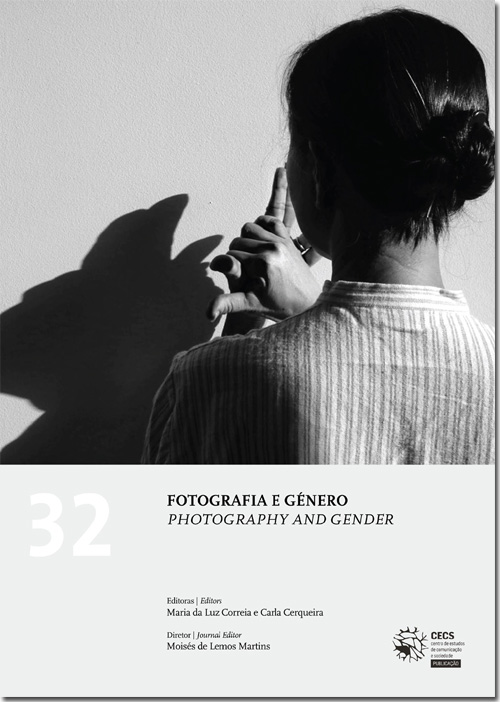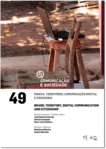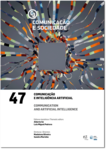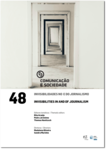The (in)visibility of the faceless women: ethics and politics on the photographic images by Teresa Margolles
DOI:
https://doi.org/10.17231/comsoc.32(2017).2762Palavras-chave:
Femicide, image, vulnerability, politics of aesthetics, faceResumo
In the opposite side of these moralizing pictures produced by traditional journalistic and photojournalistic narratives, the Mexican artist Teresa Margolles creates art works that disclose the vulnerable condition of women in the brutality of serial murders in order to connect individual suffering to a collective ethics of responsibility. In this text, the analytical work focuses on two of Margolles recent art works: La búsqueda (2014) and Pesquisas (2016). Taking the concepts of vulnerability and precariousness (Butler, 2006; Butler et al., 2016), we argue that the relation between violence and gender in Margolles’s art work is presented as resistance addressing a common as polemical public space (Rancière, 2004), and giving place to the possibility of an interpellation scene (Butler, 2015). We also consider that this photographic work, which articulates individual sufferings in a complex narrative capable to invite spectators to a careful and reflexive contemplation, give rise to a political and aesthetical gesture that can be related to a politics of the images as it is argued by Jacques Rancière (2010b) and Georges Didi-Huberman (2012). The political and aesthetical dynamics crossing Margolles photographs is also related to the ethical responsibility voiced by Emmanuel Levinas (1982) concept of face.
Downloads
Downloads
Publicado
Como Citar
Edição
Secção
Licença
Os autores são titulares dos direitos de autor, concedendo à revista o direito de primeira publicação. O trabalho é licenciado com uma Licença Creative Commons - Atribuição 4.0 Internacional.











